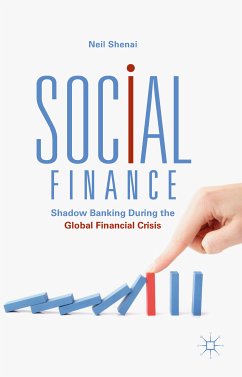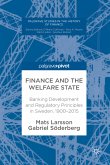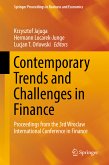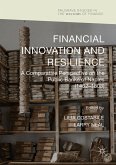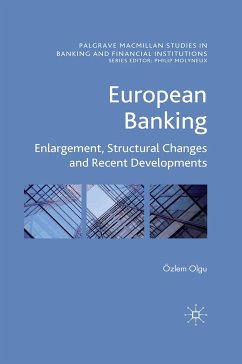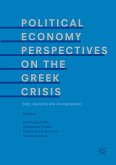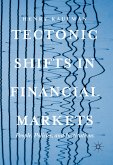This book presents a new, inter-disciplinary framework of financial instability that builds on the Post-Keynesian model of financial crises in the tradition of Hyman Minsky and Charles Kindleberger. It reincorporates John Maynard Keynes' insights on economic conventions to explain how market participants construct stable (but fragile) markets and why financial crises tend to take us by surprise. It borrows from scholarship on crises in international relations theory to examine how defied expectations can trigger panics in fragile financial systems. And it draws on perspectives from international political economy to show how elites' foundational economic beliefs drive their responses to crises and how the effectiveness of their interventions depends on their credibility with the marketplace. The results of interviews with some of the world's leading investors in Los Angeles, London, New York, and Toronto illustrate the utility of this new paradigm via a casestudy of shadow banking during the global financial crisis. A close examination of primary and secondary sources and quantitative evidence complement these first-hand accounts. All told, this book's model offers a viable heuristic device for thinking about financial instability, which will be relevant to academics, policy makers, portfolio managers, and students.
Dieser Download kann aus rechtlichen Gründen nur mit Rechnungsadresse in A, B, BG, CY, CZ, D, DK, EW, E, FIN, F, GR, HR, H, IRL, I, LT, L, LR, M, NL, PL, P, R, S, SLO, SK ausgeliefert werden.

